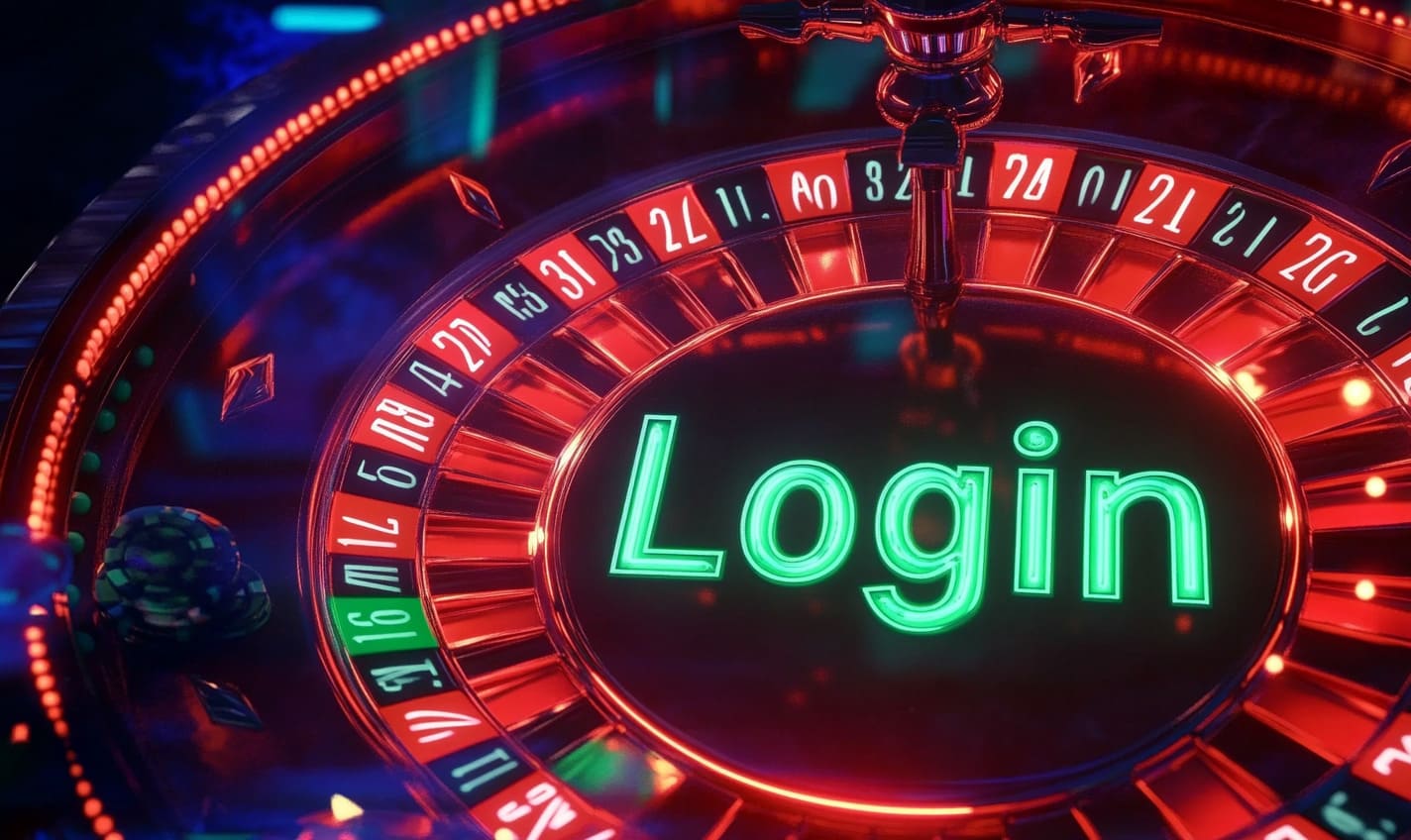The Long Story of Luck

본문
 Gambling has been a an integral of human history for countless years. From ancient civilizations to modern-day casinos, people have always been drawn to the allure of risking their fortunes in pursuit of a big win. In this article, we will explore the history of gambling, jerukbet tracing its evolution from ancient times to the present day.
Gambling has been a an integral of human history for countless years. From ancient civilizations to modern-day casinos, people have always been drawn to the allure of risking their fortunes in pursuit of a big win. In this article, we will explore the history of gambling, jerukbet tracing its evolution from ancient times to the present day.The earliest recorded evidence of gambling dates back to ancient Greece, where tiles with numbers and symbols were used for betting on games. The Historic Wall of China was even said to be built using the money from a massive game of chance. The game was known as Keno, which is still popular today. The Egyptian were not the only ones to enjoy this form of entertainment; ancient Egypt also had their own games of chance.
As civilizations developed, so did their games of chance. The ancient Greeks created the first dice, made from the animal bones of the femur, a type of sheep leg. These dice were used for a variety of games, including Ludo. The Greeks, however, took gaming to a new level. They created the first card games and even ran public lotteries. These games were often used to fund public works and charitable projects.
The Middle Ages saw a rise in the popularity of gaming, with many Christian denominations viewing it as a abomination. However, it didn't stop people from participating in secret underground games. During the Renaissance, gaming experienced a boom, with the emergence of games such as Poker. The invention of new games and the rise of casinos in Asia marked a new era in gaming.
The 19th century saw a minimal shift in the gaming industry. The rise of riverboat casinos in the United States and the introduction of the horse racing industry in Europe provided new opportunities for gamblers. This was also a time when some forms of gaming were regulated, while others were not.
The 20th century witnessed the emergence of modern casinos in Las Vegas, the growth of online gaming, and the rise of sports betting. This was also a time when governments began to support the gaming industry to ensure fairness and safety for players. The use of random number generators, security measures, and player protection laws have all contributed to a safer gaming environment.
Today, the gaming industry is a multi-trillion dollar market, with hundreds of millions of people participating in some form of gambling around the world. From land-based casinos to online gaming platforms, there are more ways than ever to take a chance and win big. The thrill of gaming remains a powerful force, with many people drawn in by the promise of a big win.
Despite the consequences associated with gaming, many people continue to engage in it as a form of entertainment or a way to take a break from their daily lives. The gaming industry is also a significant employer and partner to local economies. With ongoing innovations and technological advancements, the gaming industry is likely to continue growing, providing a range of games and experiences for players around the world.
In conclusion, the history of gaming spans many years, from ancient China to modern-day online casinos. While gaming has played a function in shaping civilizations and contributing to public works, it has also been associated with drawbacks and social problems. Despite this, many people continue to participate in gaming as a form of entertainment, and the industry remains a significant contributor in the global economy.







댓글목록0
댓글 포인트 안내